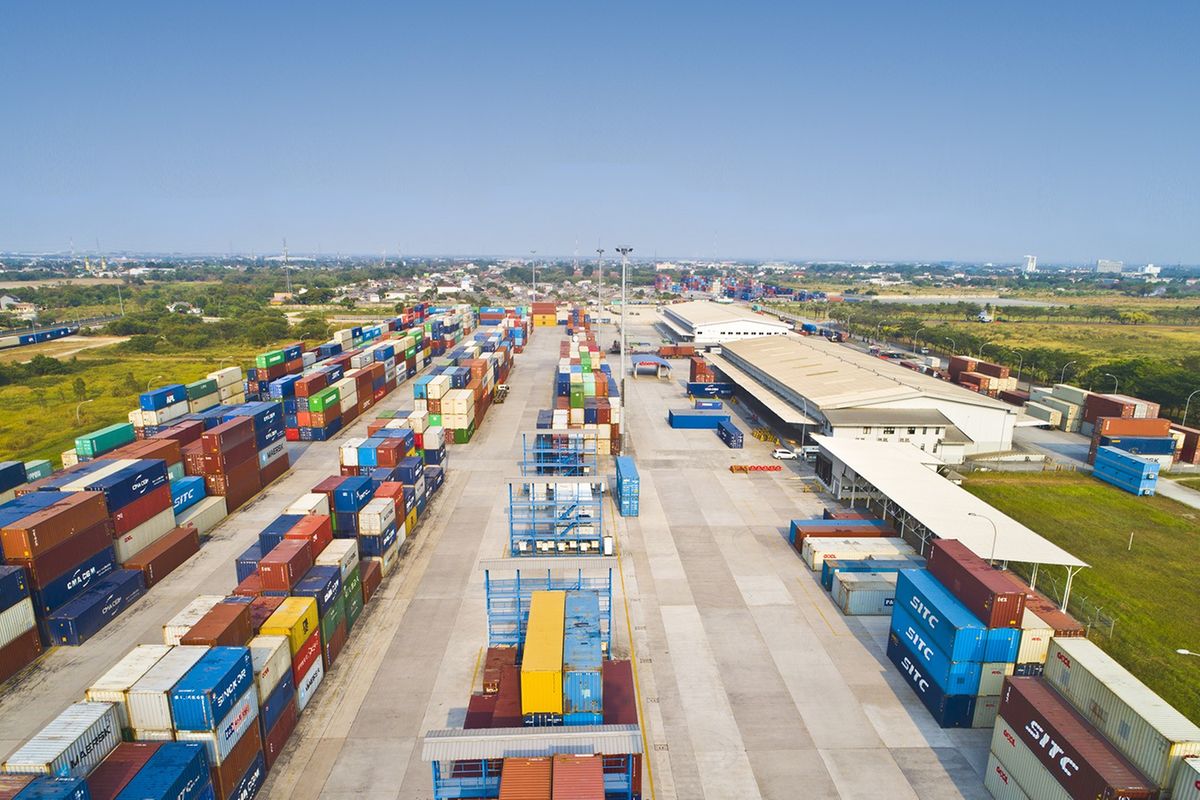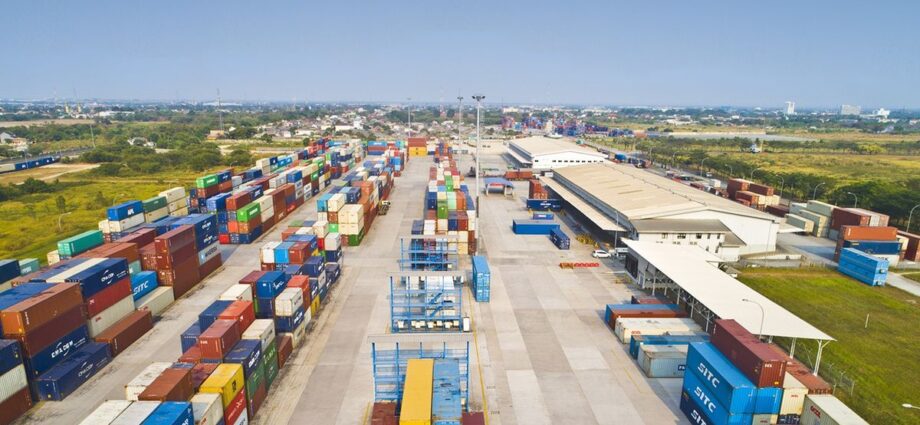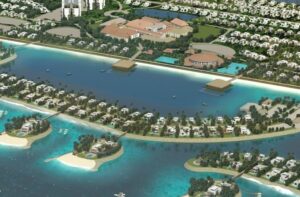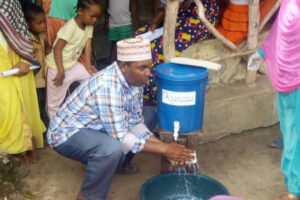
Dar es Salaam. The Tanzania Ports Authority (TPA) has acquired 490 hectares of land for the development of a dry port in Dodoma, in efforts to boost logistics services in Tanzania.
The planned Ihumwa Dry Port in Dodoma comes as another dry port infrastructure in Kwala area, Coast Region, is being expanded.
The two facilities are expected to enhance Tanzania’s trade capacity by reducing congestion at the Port of Dar es Salaam.
The investments, along with the ongoing railway projects and improvements in maritime logistics, position Tanzania as a growing hub for regional and international trade.
TPA director general Plasduce Mbossa revealed that the land use plan has already been completed for the Ihumwa project, with the development set to include railway lines, a large marshalling yard, and facilities for handling imports and exports.
“The Ihumwa Dry Port will bring the Port of Dar es Salaam closer to key inland regions, facilitating faster and more cost-effective transportation of goods. It will also serve as an export hub for produce from the central regions,” said Mr Mbossa.
Located 105 kilometres from Dar es Salaam in Coastal Region, the Kwala Dry Port is also expected to reduce congestion at the primary port.
Spanning 500 hectares, with over five hectares already paved for container stacking, Kwala offers numerous advantages, including improved traffic flow and port efficiency.
TPA is set to begin Phase II of its development in the 2024/25 period, further enhancing logistics capabilities.
Mr Mbossa said Kwala serves as an inland extension of Dar es Salaam Port, facilitating faster customs clearance, reducing turnaround times, and offering both rail and truck transport options.
It also helps reduce transportation costs by providing additional space for containers and mitigating road congestion, thereby lowering emissions.
Mr Mbossa emphasised that the development of dry ports aims to enhance trade by easing congestion at the Port of Dar es Salaam.
In 2024, the Kwala Dry Port reached a capacity of handling 300,000 containers annually, accounting for approximately 30 percent of the volume processed at the Dar es Salaam Port.
The development contributes to reducing congestion at the Dar es Salaam Port by 70 percent.
“The ongoing development of dry ports and related infrastructure projects reflects TPA’s commitment to enhance logistics efficiency and promoting regional trade. The efforts will reduce congestion, increase storage capacity, and improve multi-modal transport options, strengthening Tanzania’s role as a regional trade hub,” Mr Mbossa added.
Looking ahead, TPA projects that Kwala Dry Port will increase its handling capacity to 500,000 containers annually by 2030, driven by growing demand from neighbouring countries.
Burundi has already begun constructing a dry port in the Kwala area, with other countries such as Rwanda, the Democratic Republic of Congo (DRC), Zambia, Uganda, Malawi, South Sudan, and Zimbabwe also securing spaces for their facilities.
Speaking at the Seventh International Conference of the African Community of Maritime Transport Regulatory Authorities (November 29 to December 1, 2024), Transport minister Prof Makame Mbarawa highlighted the role of private sector investment in reducing ship congestion at the Port of Dar es Salaam.
He noted that such collaboration had been instrumental in improving cargo handling efficiency.
To further enhance cargo handling, the minister said the government is advancing the standard gauge railway (SGR) project.
According to him, the operational SGR passenger train, launched on July 25, 2024, marks a significant step in improving cargo transport.
Additionally, the government, through the Dar es Salaam Maritime Institute (DMI), has introduced modern training systems using an electronic crane simulator to improve cargo handling capabilities.
The review of the National Transport Policy of 2003, currently underway, is expected to be completed by 2025, followed by the preparation of the National Maritime Transport Policy.














